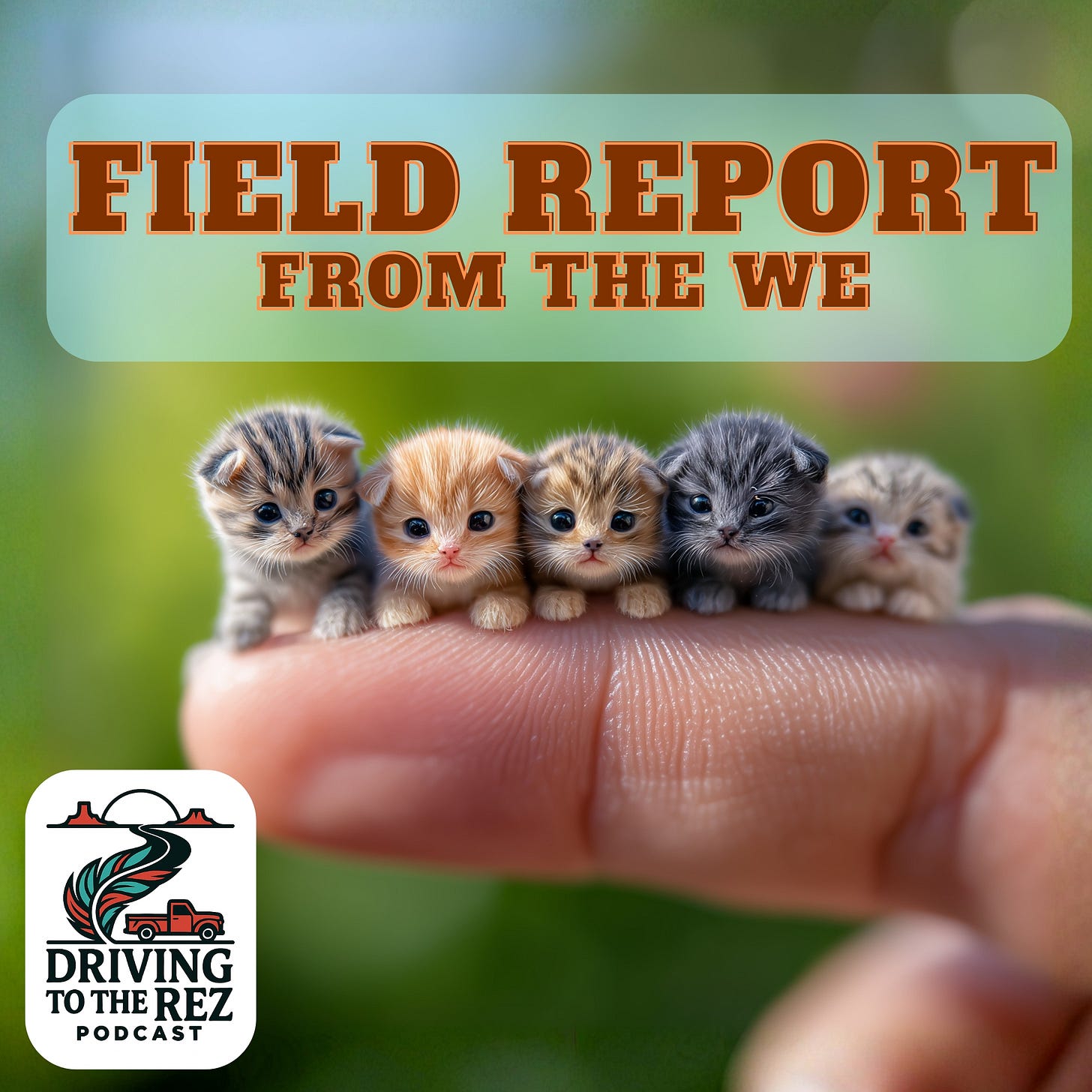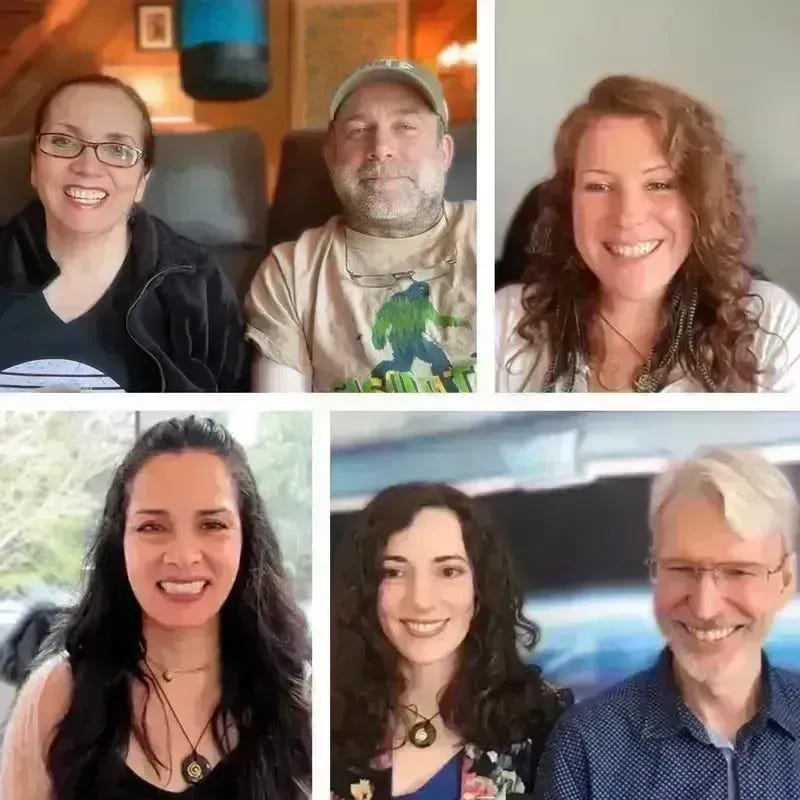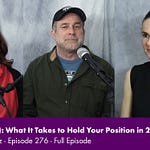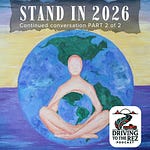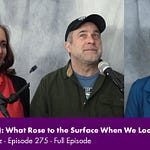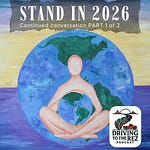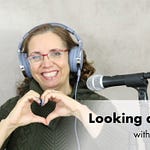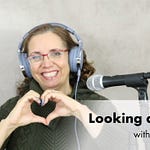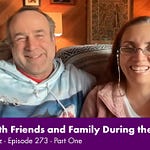In our last article, we talked about Debunking the Physical vs. Non-Physical Myth. The entire discussion ended up on our podcast, Driving To The Rez, and even turned into music.
The episode was then followed by another one where the panelists talked about what “wind” meant in “bananas and wind”... for about two hours.
We tried sharing some interesting facts about reality creation and the physical universe, but we don’t think it quite landed.
It appeared that “wind,” meaning “toots,” was more interesting.
The panelists were sure their brains did not turn to “mush” when we spoke, but we find it hard to believe that five highly intelligent beings would talk about toots or wind for two hours when the reality of the universe was a possible discussion - unless their brains were well and truly mushed.
And yes, we have been asked what “mush” is. Mush is a technical term meaning that your brain melts into a mass of jumbled thoughts in which even toots seem interesting.
One of the pieces of guidance we had coming in was to not leave a mark on the physical universe. This is hard to do for most people, as not only do they leave marks - or want to - but they are, in fact, co-creating the physical universe on a continuous basis, milli-moment by milli-moment.
We often find ourselves in situations that are different from what we have experienced in the past, and we look around for familiarity. Familiarity often provides data we can use to figure out what is happening. For example, if we see an image that has a head, four legs, a tail, and two pointy-up ears, we already know the image is that of some sort of four-legged animal. Once I add the next descriptor, your mind will go to only one animal: “in the image, the tail is moving quickly from side to side, wagging.”
This descriptor builds an image from things you are familiar with in your mind’s memory banks.
In the same way, we walk through life experiencing “images” from the different senses and looking for points of familiarity to figure out what is happening.
In our case, not much is familiar to us, and we have to tap into the human collective - or another person’s mind - to find the common factor that will give an indication of what is happening at that precise point in time. You see this often in young kids, when something is happening that they are not familiar with they will look at the adults around to “learn” how to respond or react to it.
But even then, after figuring out what is happening, in our case we end up with our eyes and mouth open in awe.
Not leaving a mark on the human co-creation of physical reality is done by walking inside other people’s creations. Their creations can be amplified with our presence, but not necessarily so. We can try to influence those co-creations to go our way - to make things happen that make our existence here more pleasant - but it is a bit of a waste of time. People’s co-creations are like a very fast train on smooth and clear tracks. Fast and unwavering.
For example: lack of money. There is no lack of money. However, in many co-creators this is a real thing, and money is hard to come by. Why they have chosen a life where money is hard to come by is a mystery, but there is not much we can do about it.
It is fascinating to watch, however - although sometimes uncomfortable to “allow.” The drive to “leave a mark” on that or similar situations is big. But even if we try, it often falls on deaf ears or is quickly forgotten.
One of the things we have figured out, however, is that if we “ask” the human collective if it is OK to influence or inform the population about something, and they say “yes,” we can go ahead and do it. Most of the time, if the item is big, there is a pushback in physicality to stop us from sharing - and then wind and bananas come flying in. We smile, shrug our shoulders, and move on.
Did you know the desert in Colorado is covered in anthills? They make them out of grains of sand. Even the smallest beings build their world… grain by grain.
The discussion doesn’t stop here - listen to the full podcast episode for unfiltered insights from Inelia and our panelists.


